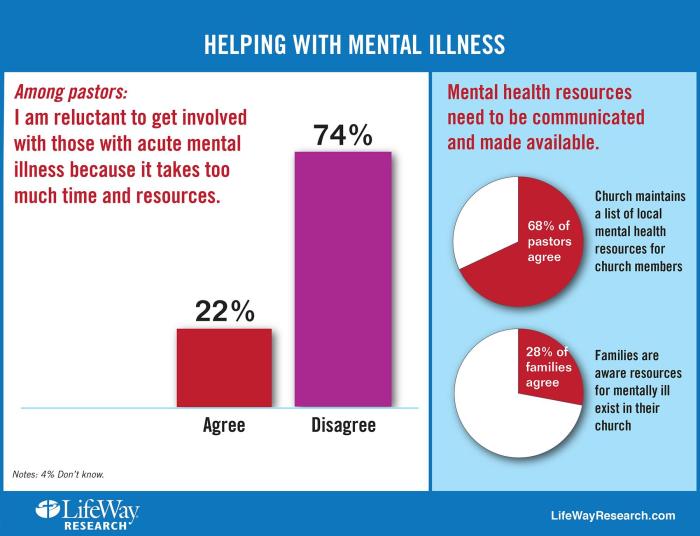Don’t speak about it it’s a _____ topic here – Don’t speak about it, it’s a _____ topic here: this phrase often signals the presence of sensitive or taboo subjects that are considered inappropriate or uncomfortable to discuss in certain contexts. Understanding the reasons behind this phenomenon and learning how to navigate such conversations respectfully are crucial for effective communication and maintaining harmonious relationships.
Sensitive topics vary across cultures and societies, influenced by factors such as social norms, religious beliefs, and historical events. Recognizing the different types of sensitive topics and the factors that shape their perception is essential for avoiding offense and fostering mutual understanding.
Understanding the Context

The phrase “don’t speak about it, it’s a _____ topic here” implies that a particular subject is considered taboo or sensitive within a specific context. It suggests that discussing the topic could cause discomfort, offense, or even harm.
Certain topics may be considered taboo due to cultural, religious, or social norms. For example, in some cultures, it may be considered inappropriate to discuss death, sex, or politics in certain settings.
This phrase may be used appropriately when it is necessary to maintain harmony, respect cultural norms, or avoid causing unnecessary offense.
Identifying Sensitive Topics

Sensitive topics vary across cultures and societies. Some common types include:
- Death and dying
- Religion and spirituality
- Sex and sexuality
- Politics and social issues
- Personal finances
- Health and medical conditions
The perception of a topic as sensitive is influenced by factors such as:
- Cultural values
- Social norms
- Personal experiences
- Power dynamics
Communicating Effectively

When dealing with sensitive topics, it is important to communicate effectively and respectfully.
Tips for navigating conversations:
- Be aware of your audience and their potential sensitivities.
- Choose appropriate language and tone.
- Listen actively and show empathy.
- Respect others’ opinions and boundaries.
- Avoid making assumptions or generalizations.
Respecting Boundaries
It is crucial to respect boundaries when it comes to sensitive topics.
Consequences of violating boundaries:
- Offense and hurt feelings
- Damaged relationships
- Legal repercussions
Strategies for setting and enforcing boundaries:
- Communicate your boundaries clearly.
- Be assertive and respectful.
- Enforce your boundaries consistently.
- Seek support from others if needed.
Cultural Sensitivity
Cultural sensitivity is essential for understanding and respecting sensitive topics.
Variations in what is considered sensitive:
- In some cultures, it may be considered disrespectful to discuss elders.
- In other cultures, it may be considered inappropriate to talk about mental health.
Tips for adapting communication styles:
- Learn about different cultures and their norms.
- Be respectful and open-minded.
- Use appropriate language and avoid slang.
- Consider nonverbal cues and body language.
FAQ Section: Don’t Speak About It It’s A _____ Topic Here
What are some common examples of sensitive topics?
Sensitive topics can vary widely depending on cultural and societal context, but some common examples include religion, politics, sexuality, mental health, and personal finances.
How can I communicate effectively about sensitive topics?
To communicate effectively about sensitive topics, focus on using respectful language, listening actively, and being mindful of the other person’s perspective. Avoid interrupting or dismissing their views, and be willing to compromise when possible.
Why is it important to respect boundaries when discussing sensitive topics?
Respecting boundaries is crucial because it helps to maintain trust and prevents misunderstandings. When discussing sensitive topics, be mindful of the other person’s comfort level and respect their wishes if they do not want to engage in the conversation.